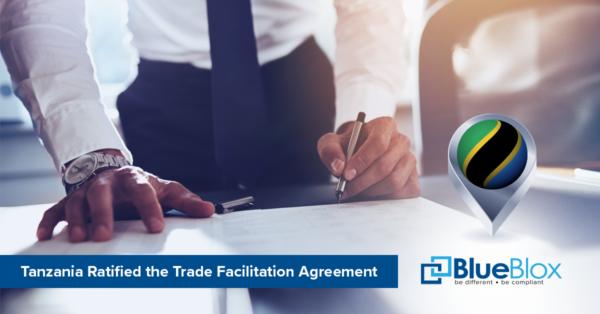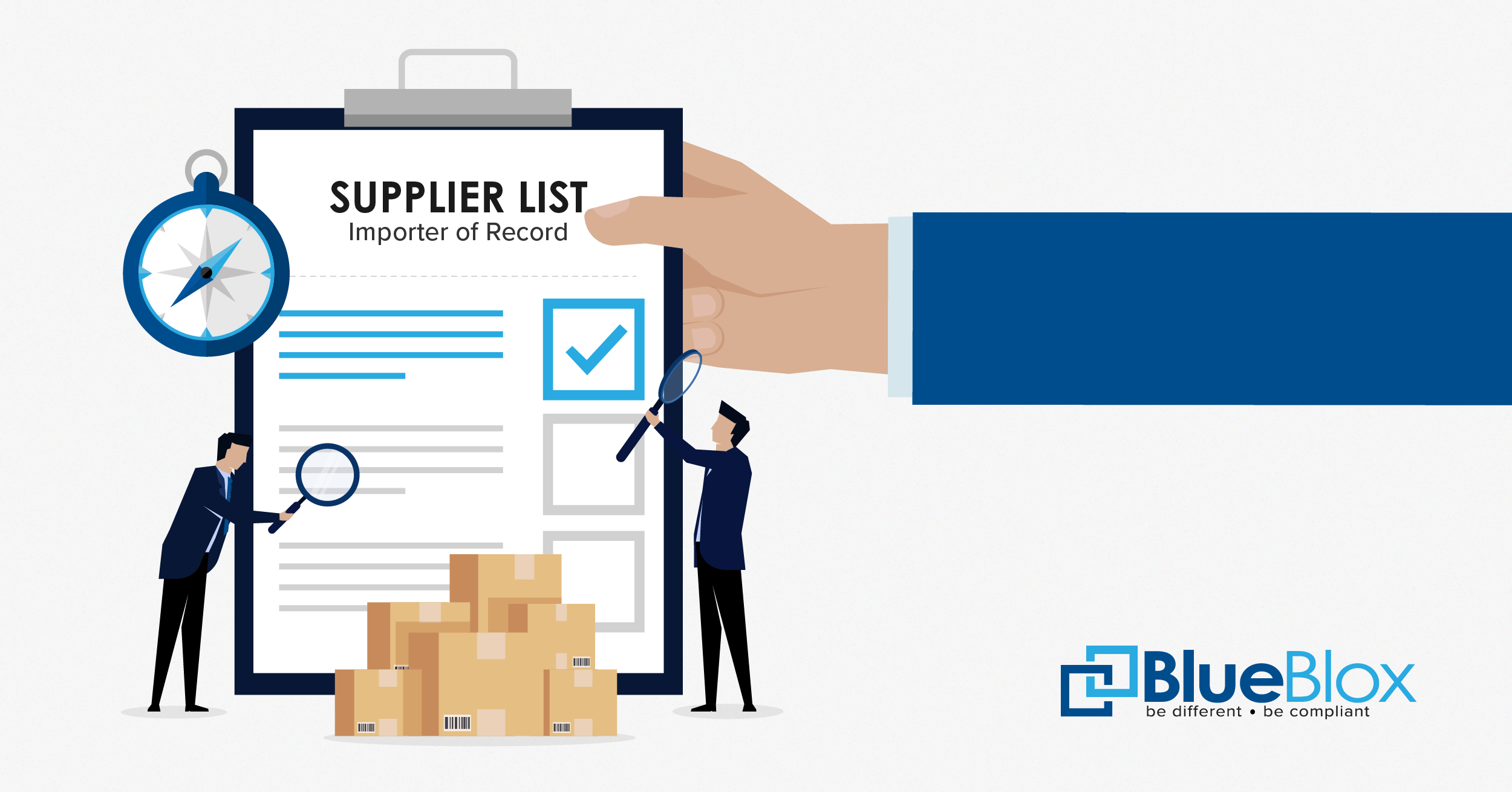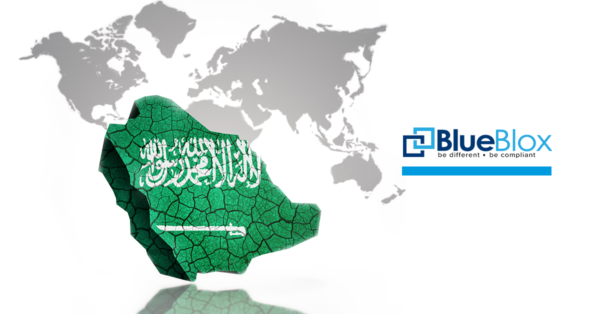
The challenge
Our client, (we will call this client ABC Company), was concerned that it wasn’t getting accurate information about a local market from its supplier, (let’s call this supplier, XYZ Company). It was also unconvinced that XYZ had adequate knowledge of, or experience in, trade compliance and practices.
So, ABC approached BlueBlox and requested that we audit XYZ, to gauge its knowledge of all trade compliance elements, including classification, valuation, and origin of supply. As a result, even though XYZ didn’t have the necessary knowledge, we were able to assist both supplier and client.
Here’s how…
Our findings
Although XYZ was operationally strong as a supplier, there were several things that it didn’t understand regarding origin of goods, tariff classifications, and valuation. Even more concerning was that XYZ didn’t fully comprehend our client’s business model.
Like many suppliers in emerging markets, XYZ believed that a shipment valuation is equal to the sales value of a product and that, if there is no intention to sell the product, it should be assigned a zero value.
This is not the case, since suppliers must follow valuation principles in order to arrive at the correct value of a product, regardless of whether or not it will be sold.
XYZ also believed that a product’s origin is the location from which it is being shipped, rather than its actual origin.
Further, XYZ assigned a tariff based on classification tables, it could not explain or defend this classification if asked to do so by the authorities. Rather than defending the tariff classification or product valuation on ABC’s behalf, XYZ’s standard procedure was to accept the classification assigned by the authorities – even if it was incorrect.
XYZ didn’t know that, even if customs officials dictate that a certain classification or valuation be used, suppliers can – and should – object, if they disagree. This is why we have trade facilitation processes in place: so that suppliers and importers can engage with authorities in the event of a disagreement.
How we helped
We explained proper procedures to XYZ, so that it could properly escalate disputes in the future. We also helped XYZ to understand classification procedures and explained that suppliers do not have to accept customs-dictated classifications, since this has implications for taxes and duties for clients.
We provided guidance about what XYZ should do when challenged by the authorities, what processes XYZ should follow when escalating an issue, and how to ensure that XYZ has proper and prepared defences for its classifications. This allows XYZ to provide a better service to its clients, including ABC in this specific case.
Key takeaways
Here’s BlueBlox’s advice if you’re dealing with suppliers in emerging markets:
- Carefully vet your suppliers. Ensure that they are trained in, understand, and follow trade methodologies and compliance practices. If they don’t, they won’t be able to adequately defend your case in the event of a dispute.
- Detail your business model. Your supplier should know exactly why you’re importing and exporting goods, their origin and valuation, and classification.
- Ensure that your supplier is strategically strong, not just operationally strong.Without a strategic understanding of your business, goods, and the local market, your supplier may not be able to effectively represent you in that market.
As trade markets continue to grow, it’s becoming increasingly impossible for everyone to know everything. Remember: you are responsible for your entire supply chain, including training and guiding your suppliers on the correct processes and procedures.
If you’re not confident about doing this yourself, chat to our team at BlueBlox. We can help.





